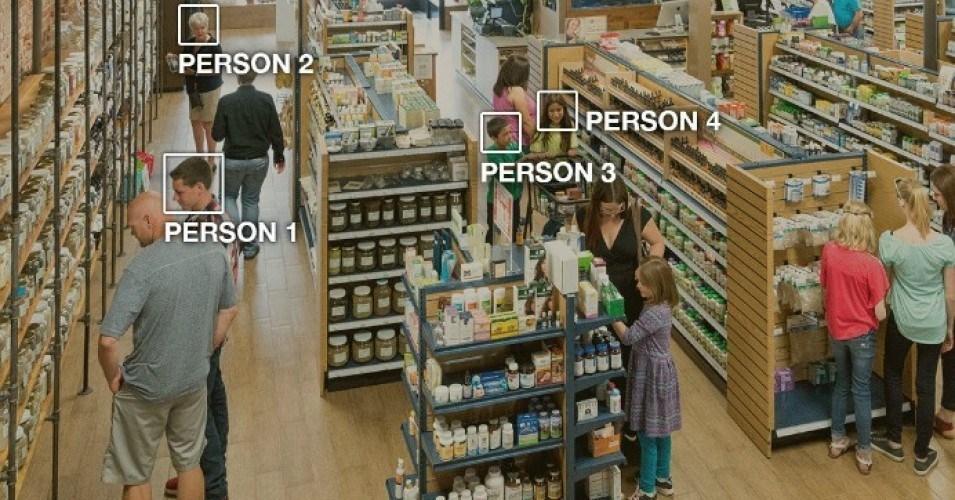 By MassPrivateI
By MassPrivateI
For those of you who still hold onto to the idea that America will never follow in China’s Big Brother footsteps, I give you this disturbing story.
A recent CNET article revealed how the Washington County Sheriff’s Office (WCSO) in Oregon uses Amazon’s Rekognition software to identify shoplifters.
The speedy investigation was made possible by Amazon’s Rekognition, facial recognition software that let the Washington County Sheriff’s Office create its own searchable database of county jail mugshots.
An unnamed WCSO Deputy allegedly used Amazon’s Rekognition to search a 300,000-person mugshot database looking for a potential match.
A WCSO deputy watched a surveillance recording of the woman pilfering the boots, grabbed pictures of her face from the footage and imported them into the sheriff’s office’s new tool. He quickly got back a digital lineup of mugshots and found a possible match.
What makes this so disturbing, is number one: a cop is using a private corporation’s software to identify people which has never been independently vetted for accuracy because “it is too sophisticated.’ And, secondly, each time a police officer investigates a petty crime; 300,000 people will have their faces scanned without a warrant.
Using facial recognition to identify people accused of petty crimes is a mirror image of what is happening in China.
China uses facial recognition to identify citizens accused of jaywalking and bans “discredited” citizens from taking buses and trains for unspecified behavioral crimes.
Law enforcement and retailers are creating a nationwide facial recognition database of everyone.
Yesterday, CNET warned that retail stores are secretly using facial recognition to identify shoppers and how the potential for abuse affects everyone.
With facial recognition, getting caught in one store could mean a digital record of your face is shared across the country. Stores are already using the technology for security purposes and can share that data — meaning that if one store considers you a threat, every business in that network could come to the same conclusion.
Creating secret watchlists of Americans is major concern that even CNET is acknowledging.
If someone is barred from one store because of facial recognition, that person could potentially be prevented from visiting another branch of that same store ever again.
Retailers are also using things like Iris tracking cameras, thermal imaging cameras and loyalty rewards to secretly identify shoppers.
Oddly, or perhaps by design, the WCSO made no mention of searching the photos of Oregon’s 3.1 million drivers licenses or Real-ID’s nationwide database of more than 300 million U.S. citizens.
Law enforcement will have access to a nationwide facial recognition system
Homeland Security doesn’t even attempt to hide that fact that Real-ID is really a nationwide facial recognition system. An article written by Joan Friedland for the National Immigration Center spells it out
Federal and state agencies as well as for-profit and nonprofit corporations, have been working “under the radar” to implement REAL ID’s information-sharing and database creation system.
DHS has contracted out the development of this system through “multiple layers of outsourcing and subcontracting,” with operations that are largely hidden from public view. The American Association of Motor Vehicle Administrators and the for-profit company Clerus Solutions are working on systems that lay the foundation for much broader information-sharing and a centralized database.
Homeland Security and law enforcement have taken China’s massive spy on every citizen program and adopted it to create a nation of suspects.
You can read more from the MassPrivateI blog, where this article first appeared.

Be the first to comment on "Law Enforcement Uses Facial Recognition To Identify Shoplifters"